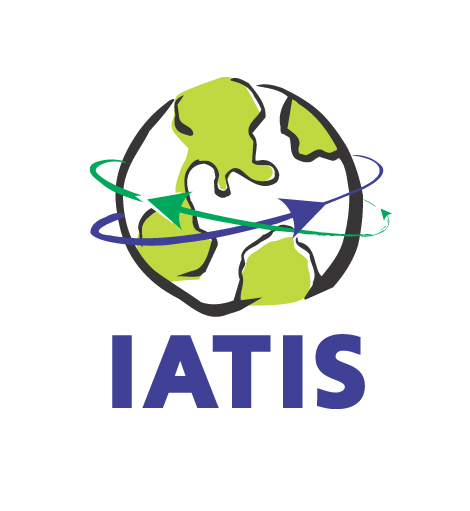IATIS 5th International Conference, Belo Horizonte, 7-10 July 2015
 Innovation Paths in Translation and Intercultural Studies
Innovation Paths in Translation and Intercultural Studies
Call for Presentations
(papers, roundtables, workshops, “rapid fire” PhD presentations, and posters)
Deadline: 10th of September 2014
Following successful conferences in Seoul (2004), Cape Town (2006), Melbourne (2009) and Belfast (2012), IATIS is delighted to announce its call for panel, paper, roundtable, workshop, “rapid fire” PhD presentations and poster proposals for its fifth conference, which will be held at Universidade Federal de Minas Gerais (UFMG), Brazil, from 7th to 10th July 2015.
Formats of presentation
Proposals for participation in the V IATIS Conference can be submitted in the following formats:
Communications within the general conference (10th of September 2014)
Roundtables (10th of September 2014)
Workshops (10th of September 2014)
“Rapid Fire” PhD Presentations (10th of September 2014)
Posters (10th of September 2014)
Conference Theme
Multilingual and multimodal forms of interaction, prompted by material and symbolic exchanges in our increasingly globalized world, have brought new challenges to translation and intercultural studies. New technologies in the broadest sense of the word are sought by society in order to allow for a diversity of meanings to be created, exchanged, and disseminated on the basis of equality, complementarity and reciprocity. In this scenario, studies promoting and seeking innovation play a fundamental role in providing insights and solutions to meet those challenges.
The theme of the conference – ‘Innovation Paths in Translation and Intercultural Studies’ – is meant to foster exchanges and discussions on the topic.
Within the scope of IATIS 2015, innovation is understood in its broadest sense and includes not only new technological developments but also other relevant aspects, such as social and cultural innovation, including all forms of innovation which lead to changes in interactions and practices in translation and intercultural studies.
Related thematic areas include, but are not limited to, the following:
- Emergent practices in translation and intercultural studies
- Innovative approaches in language policy and social transformation related to translation and intercultural studies
- Innovative approaches to multilingualism, translation and intercultural studies
- Innovative approaches to the study of style in translation
- Innovative methodologies in the development of the profession, teaching and research
- Innovation in collaborative research with other disciplines/domains
- Innovation in audiovisual translation and media accessibility
- Interaction of translators and interpreters with and through technology
- New approaches to different modalities of interpreting and translation
- New perspectives on the relationship between literature and translation
- New trends in empirical-experimental research in translation and interpreting
- Recent advances in signed and spoken language interpreting research, teaching and practice
- Teaching innovation in the classroom, in curriculum design, in education policy
- The role of electronic data bases and bibliographies in translation historiography
- The use of IT in translation and interpreting research, teaching and practice
Language policy
To assure consistency in the peer-review assessment process, abstract for oral communications in thematic panels must be submitted in English only. However, the preferred language of presentation, English, Portuguese or Spanish, should be made clear in the abstract submission online form on the START system.
Confirmed Keynote Speakers
ARNT LYKKE JAKOBSEN
Professor of translation and translation technology at Copenhagen Business School (CBS)
LUCIA SPECIA
Senior Lecturer at the Department of Computer Science, University of Sheffield, UK
SABINE BRAUN
Director of the Centre for Translation Studies at the University of Surrey, UK
BASSEY E. ANTIA
Professor of Linguistics at the University of the Western Cape, South Africa
For further information, see http://www.iatis.org/index.php/iatis-belo-horizonte-conference